With an aim to create livelihood opportunities for women by building a women-serviced mobility fleet, today Jai Bharathi is redefining urban mobility in India through her startup, MOWO Fleet, which she founded in Hyderabad in 2019.
MOWO Fleet (MOving WOmen) equips women with an employable skill by training them to ride 2/3-wheeler vehicles. It is also a technical partner in running India’s first motor training facility for women.
We engaged in a delightful conversation with Jai Bharathi to learn more about her journey as an entrepreneur, why she wants to convert public roads into equal spaces, and what’s next for MOWO Fleet. Read the Q&A below for her story!
Q. What did you do before you became an entrepreneur? What inspired you to start MOWO Fleet?
I am an architect by profession, but my passion lies in motorcycling.
On a motorcycling trip from India to Vietnam, I came across two women in their mid-40s working as bike taxi operators at the Thai border. As safe as it made me feel, it also got me thinking about the gender imbalance in the transport sector in India. Women becoming a part of this sector would not only make the roads safer but also create a livelihood opportunity for them. This incident was a turning point in my life that inspired me to shift gears and start a nonprofit, MOWO Social Initiatives.
I started training women to drive but soon realized that while many of them were interested in the livelihood opportunities in the mobility sector, they were not comfortable continuing due to the socio-cultural barriers that women face and also, the lack of dignified jobs. That’s when we started a for-profit startup Mowo Fleet, that focuses on building equitable jobs and conducting policy-level interventions.
Q. What are some of the challenges that you have faced in your journey? How do you tackle them?
One major challenge that women from lower income groups face is the lack of driving skills since this is a non-traditional skill, which is taken care of through our motor training programs.
Another is that many women aren't even aware that these jobs can be done by them. Hence, we also work on building confidence in these women through empowerment workshops.
With the introduction of the platform economy, there has been an increase in opportunities in last-mile delivery services and ride-hailing. But the peak hours, which also happen to be higher paying rides, are difficult for women to manage, due to household chores. We are now working to curate more roles that are equitable in nature in terms of flexibility, hours spent, and income generated that enable women to be a part of the mobility sector comfortably.
Q. What kind of impact do you want your business to play in the lives of these women?
In the initial years of our initiative, our main focus was on building ‘driving’ as a decent livelihood opportunity for women in a specific city and within certain neighborhoods. We aimed to showcase driving as a dignified and equally paid opportunity than traditional livelihoods. Sometimes, even more paid or an extra earning one! Our focus was on retaining this workforce by offering them flexible and decent jobs.
Our efforts have paid off, as we now have over 40 drivers who are becoming influential in their neighborhoods. When women see others doing these jobs, they inquire and become interested in joining as well.
Ultimately, our goal is for women to become the epitome of change and torchbearers of this movement. With more women on the roads doing these jobs, it will become easier for other women to follow suit as well.
Q. What keeps you motivated to do this everyday?
As an entrepreneur, I often wonder if I'm on the right track. When we first started, we thought that teaching women to drive would be enough, but we quickly discovered that there were obstacles preventing women from working in this sector.
Hence, we prioritize cooperation and understanding at MOWO Fleet, recognizing that each driver faces their unique challenges. Our focus is on empowering women to recognize their potential.
When one of our drivers shared with us that she had earned enough money to set aside a fixed deposit for her daughter's education after just six months of working, we were quite happy! Such stories of progress is what motivates me and my team to keep going.
Q. What is a piece of advice that you would want to give other aspiring entrepreneurs?
The essence of being an entrepreneur lies in identifying an injustice in the world and having a possible solution, even if it's not 100% proven. It doesn't always have to be about building innovation using technology. If you have the courage to take a step towards your vision, you can learn the necessary skills and apply technology to scale up your processes.
My confidence came from the experience of balancing two wheels and being able to go anywhere I wanted to. I realized I could use the same skill to help others build confidence too!
Today, entrepreneurs can find support in anything from anywhere but the zeal must come from within. Once you have a solution, building a system around it is relatively easy. If you have a good solution, take that step and be ready for a rollercoaster ride, knowing that you have the potential to change the world we live in.
Q. What are you most hoping to get out of being a part of the Accelerator program?
We might have a solution but implementing it to create dignified jobs requires guidance. I believe that the experience of the accelerator having worked with many entrepreneurs from previous cohorts will assist us in understanding the steps to take to continue providing dignified jobs in our particular sector.
Q. What do you enjoy the most about the Accelerator Program?
As a social entrepreneur, I often feel pressured to focus solely on numbers, but being a part of this program has allowed me to prioritize impact without feeling guilty.
While profitability is important for long-term sustainability, Upaya's emphasis on impact has helped me to better understand the core value of my work. Through sessions and conversations with the team and other cohort members, we are fine-tuning our processes to improve both impact and profitability.
Upaya’s Dignified Jobs Accelerator, in partnership with Yunus Social Business, focuses on building investment-readiness capacity for early-stage social businesses that create livelihood opportunities in an inclusive and equitable manner for those in extreme poverty. You can learn more about the accelerator here!
Every year the applications for the cohort open by the first week of September. Follow us on LinkedIn for more updates on the program.

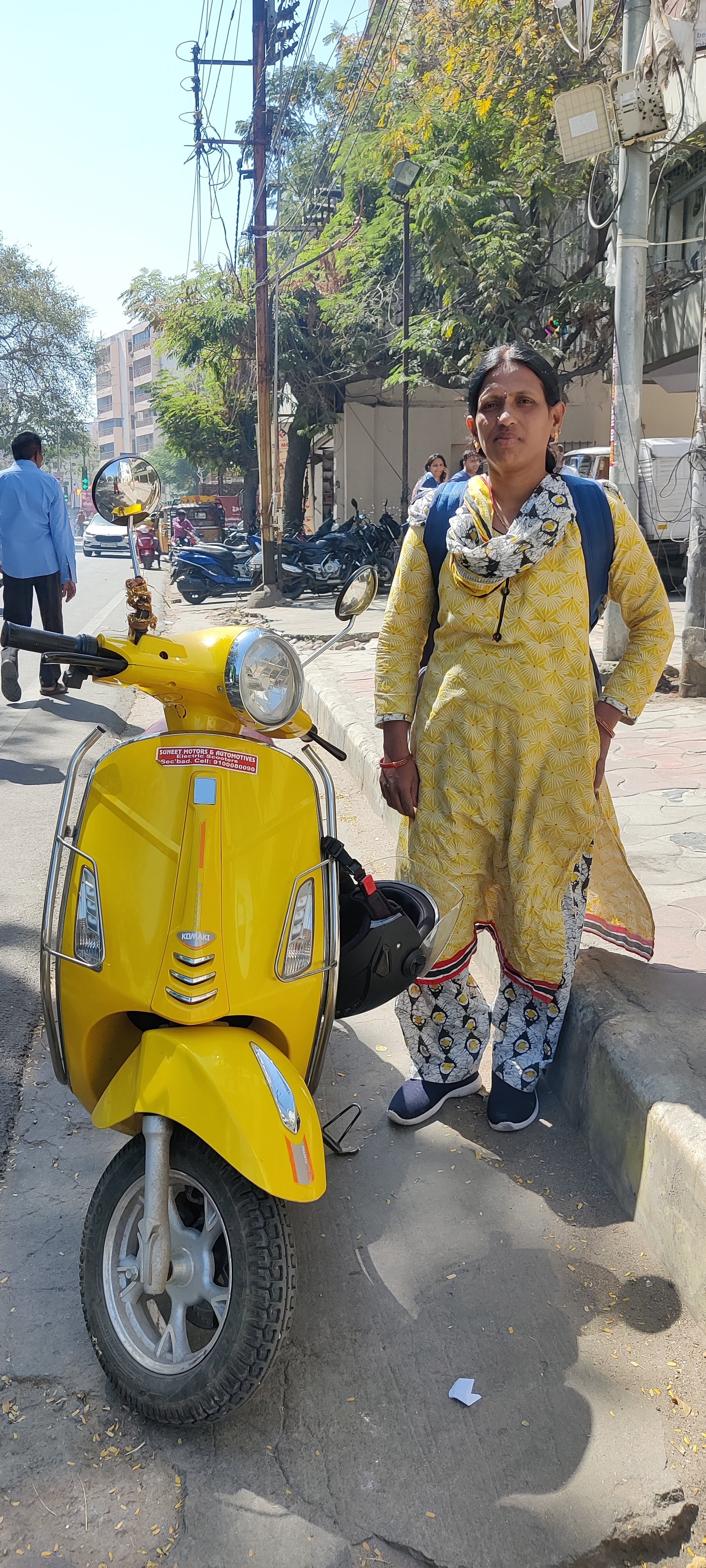
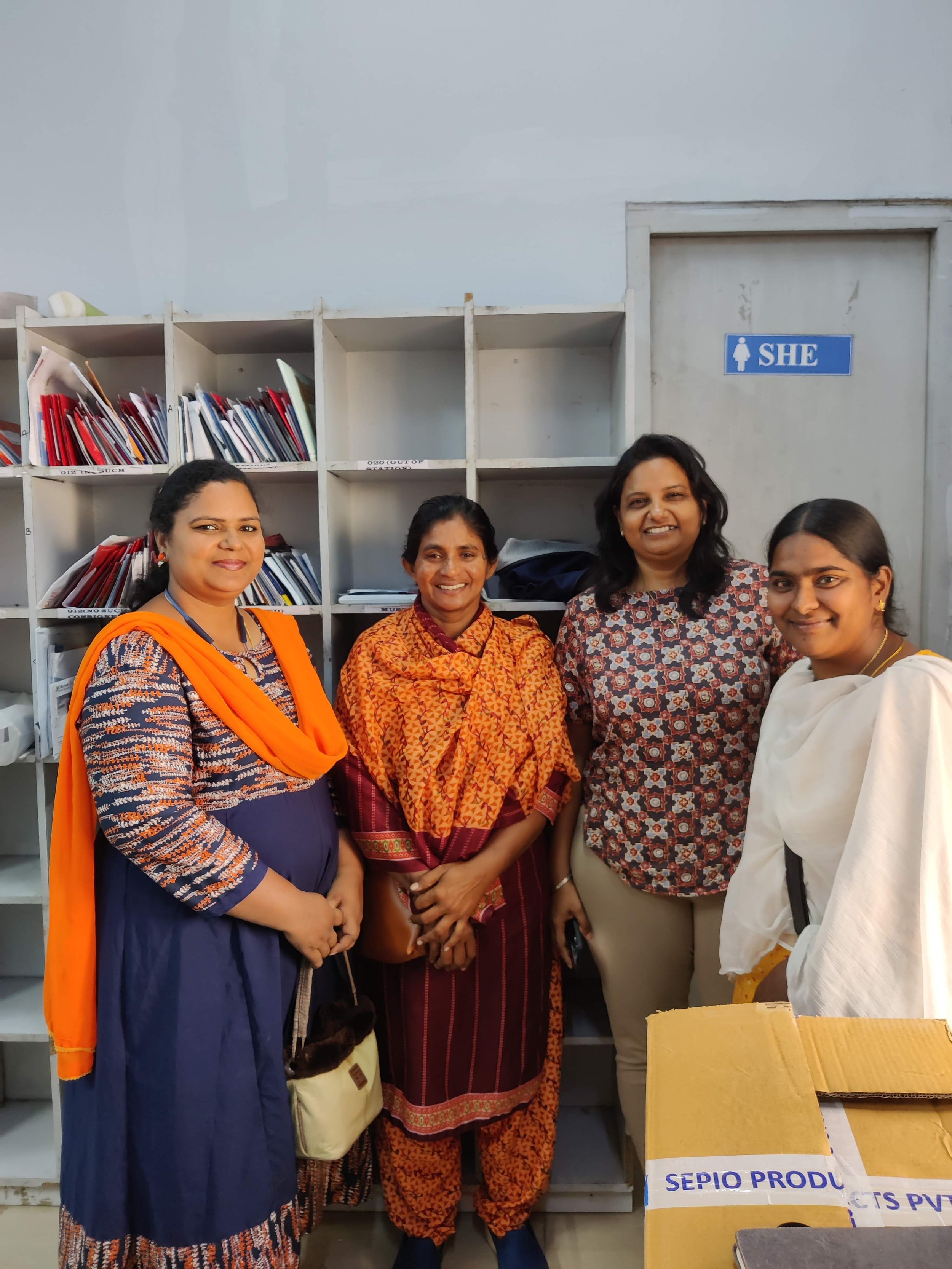
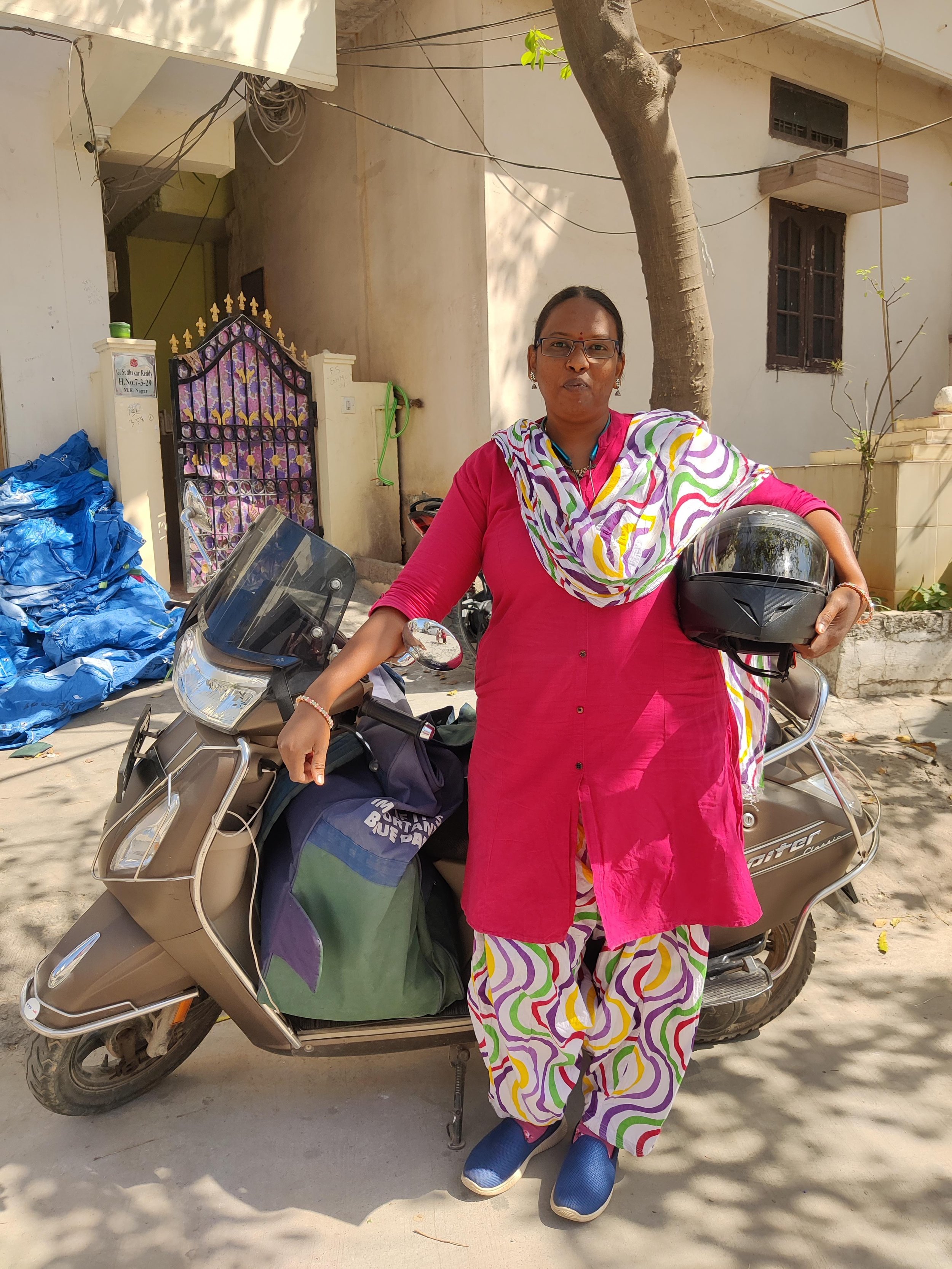
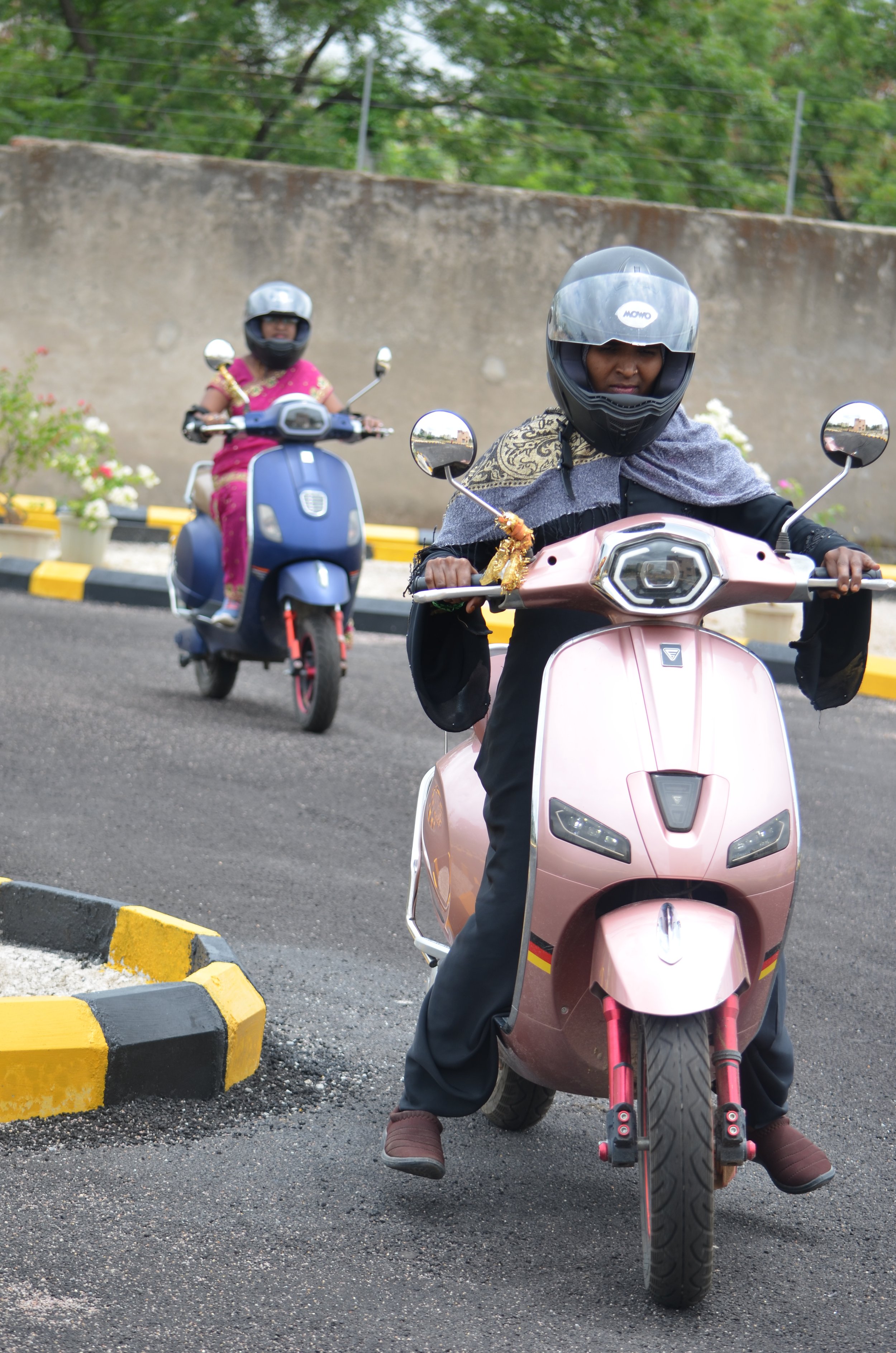
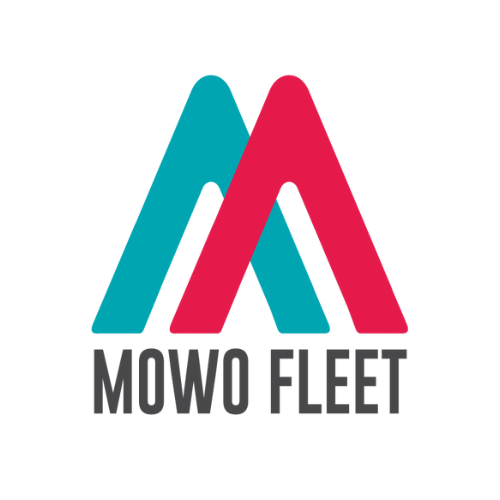










The Tribal Hermit is a social impact venture that works closely with 130+ Dhokra craft artisans from Kondagaon, Bastar, and Raigarh districts of Chhattisgarh to design, create, and sell their products.